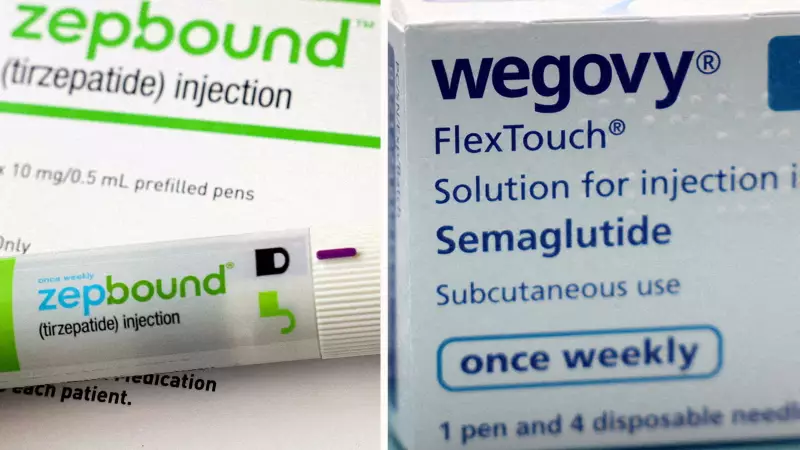
In a significant development that could transform access to revolutionary weight loss treatments, former President Donald Trump has announced a major agreement with pharmaceutical powerhouses Novo Nordisk and Eli Lilly to substantially lower the prices of GLP-1 medications.
Breaking Down the Cost Barrier
The announcement comes as millions of Americans struggle with the high costs of breakthrough drugs like Ozempic, Wegovy, and Mounjaro, which have shown remarkable effectiveness in weight management and diabetes control. These medications, while highly effective, have remained out of reach for many due to their premium pricing.
"This agreement represents a monumental step toward making life-changing treatments accessible to everyday Americans," Trump stated during the announcement, emphasizing the impact this could have on public health outcomes.
What This Means for Patients
The price reduction initiative targets the entire class of GLP-1 receptor agonists, which include:
- Semaglutide-based medications (Ozempic, Wegovy)
- Tirzepatide treatments (Mounjaro)
- Other incretin-based therapies
These drugs have gained widespread attention for their ability to help patients achieve significant weight loss while improving blood sugar control, but their high costs have limited broader adoption.
Pharmaceutical Giants Respond to Pricing Pressures
The agreement follows growing public and political pressure on pharmaceutical companies to address the affordability crisis in healthcare. Both Novo Nordisk and Eli Lilly have faced scrutiny over the pricing of their blockbuster medications, which can cost patients hundreds of dollars monthly without adequate insurance coverage.
Industry analysts suggest this move could set a precedent for other pharmaceutical companies facing similar pricing challenges, potentially leading to broader reforms in drug pricing strategies across the healthcare sector.
Potential Impact on Healthcare Landscape
The price reductions could have far-reaching implications:
- Increased accessibility for middle-class families
- Reduced financial burden on healthcare systems
- Potential expansion of insurance coverage
- Improved management of obesity-related conditions
This development marks a significant moment in the ongoing conversation about drug affordability and represents a rare instance of collaboration between political leadership and pharmaceutical manufacturers to address consumer concerns directly.





